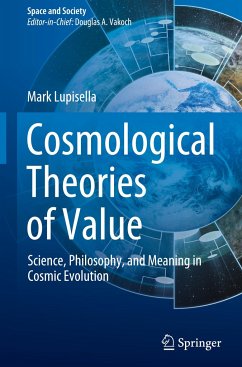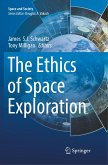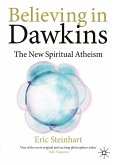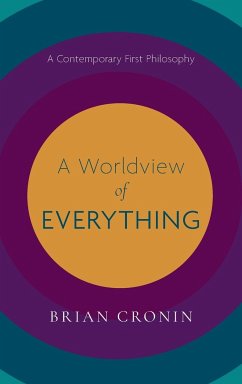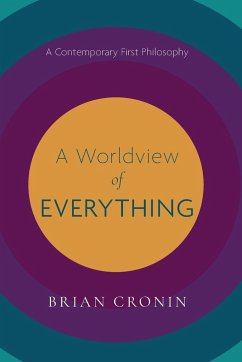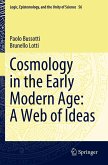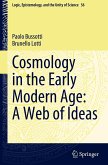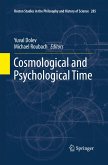Building from foundations of modern science and cosmic evolution, as well as psychological and philosophical perspectives of value and meaning, this book explores some of humanity's biggest questions:
· Is the Universe "about something"?
· What might be roles for life and intelligence in cosmic evolution?
· How might we think about value, meaning, purpose, and ethics in a cosmic evolutionary context?
The author explores how the sciences of relativity and quantum theory, combined with cosmic evolution and philosophical traditions such as process philosophy, contribute to the development of a broad "relationalist framework". That framework helps inform perspectives such as "scientific minimalism" and "cosmological theories of value". Cosmological Reverence, Cosmocultural Evolution, and the Connection-Action Principle are explored as examples of cosmological theories of value, all of which help inform how we might thinkabout ethics, value, and meaning in a cosmic context - including application to the search for extraterrestrial life and the future of intelligence in the universe.
This book will benefit a diverse range of practitioners in philosophy, science, and policy, including interdisciplinary fields such as Science and Society and cultural evolution studies.
From the Foreword:
"This volume ranges from the sciences of cosmic evolution, relativity, and quantum mechanics, to value theory and process philosophy, all with the goal of exploring how they relate to humanity in the sense of worldviews and meaning. With his three cosmological theories of value, Lupisella goes beyond the bounds of most books on naturalism, and into fundamental questions about the nature of the universe and our relation to it. To read Lupisella is to have a mind-boggling experience, to want to race to references, to want to know more."
Steven J. Dick
Former Baruch S. Blumberg NASA/
Library of Congress Chair in Astrobiology
Former NASA Chief Historian
· Is the Universe "about something"?
· What might be roles for life and intelligence in cosmic evolution?
· How might we think about value, meaning, purpose, and ethics in a cosmic evolutionary context?
The author explores how the sciences of relativity and quantum theory, combined with cosmic evolution and philosophical traditions such as process philosophy, contribute to the development of a broad "relationalist framework". That framework helps inform perspectives such as "scientific minimalism" and "cosmological theories of value". Cosmological Reverence, Cosmocultural Evolution, and the Connection-Action Principle are explored as examples of cosmological theories of value, all of which help inform how we might thinkabout ethics, value, and meaning in a cosmic context - including application to the search for extraterrestrial life and the future of intelligence in the universe.
This book will benefit a diverse range of practitioners in philosophy, science, and policy, including interdisciplinary fields such as Science and Society and cultural evolution studies.
From the Foreword:
"This volume ranges from the sciences of cosmic evolution, relativity, and quantum mechanics, to value theory and process philosophy, all with the goal of exploring how they relate to humanity in the sense of worldviews and meaning. With his three cosmological theories of value, Lupisella goes beyond the bounds of most books on naturalism, and into fundamental questions about the nature of the universe and our relation to it. To read Lupisella is to have a mind-boggling experience, to want to race to references, to want to know more."
Steven J. Dick
Former Baruch S. Blumberg NASA/
Library of Congress Chair in Astrobiology
Former NASA Chief Historian

